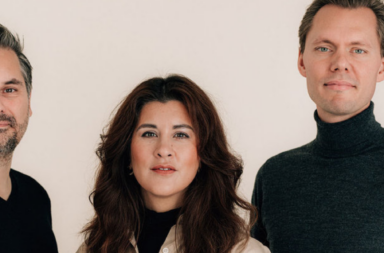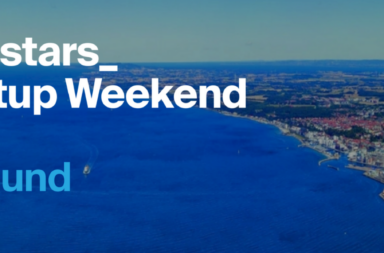Game Habitat’s “Create Your Own Job: Inspiration and Tips” session, held on Friday, December 6th , explored two exciting pathways in the gaming industry: pursuing a game project or starting as a freelance consultant. The session featured valuable insights, actionable advice, and opportunities for networking, making it ideal for those looking to build their careers in games.
1. Pursuing Your Own Game Project
Bobbi A Sand from Game Habitat provided a clear and practical approach to starting a game project:
- Start with an Idea: Every project begins with a unique concept, whether it’s an innovative story, game mechanics, or an engaging experience.
- Build a Team: Collaboration is crucial for success. Key roles like programming and graphic design can be filled internally or by hiring freelancers and consultants.
- Explore Funding Options: Programs such as Nordic Game Arena and Vinnova offer external funding opportunities, while bootstrapping allows creative freedom without external pressure.
- Start When It’s Practical: A useful takeaway was to “start when you need to send your first invoice.” Small, real-world opportunities are often the best starting point.
2. Working as a Contractor
Kuba Cupisz from Work with Kuba shared practical advice on freelancing and consulting for those seeking flexible opportunities in the gaming industry:
- Define the Offering: Clearly identify and communicate the services you provide, such as development, design, or project coordination.
- Find Clients: Personal networks, including friends, family, and industry peers, are often the best places to start. Word-of-mouth referrals can open doors to new projects.
- Set Fair Rates: Pricing should reflect both skills and the value delivered. Setting fair but competitive rates ensures sustainable growth as a consultant.
- Stay Flexible: Contract work allows for part-time or full-time flexibility, making it an excellent option for those balancing other projects.
The session ended with attendees getting an opportunity to network and share their experiences. Conversations touched on challenges like recent layoffs, the realities of pricing freelance work, and balancing competitive rates with sustainable income. Attendees also discussed managing client expectations, navigating the uncertainty of freelancing, and scaling their work while pursuing personal projects. The open dialogue created a sense of camaraderie, highlighting both the struggles and opportunities within the gaming industry. It was a valuable space for exchanging ideas, exploring collaborations, and building meaningful connections.


